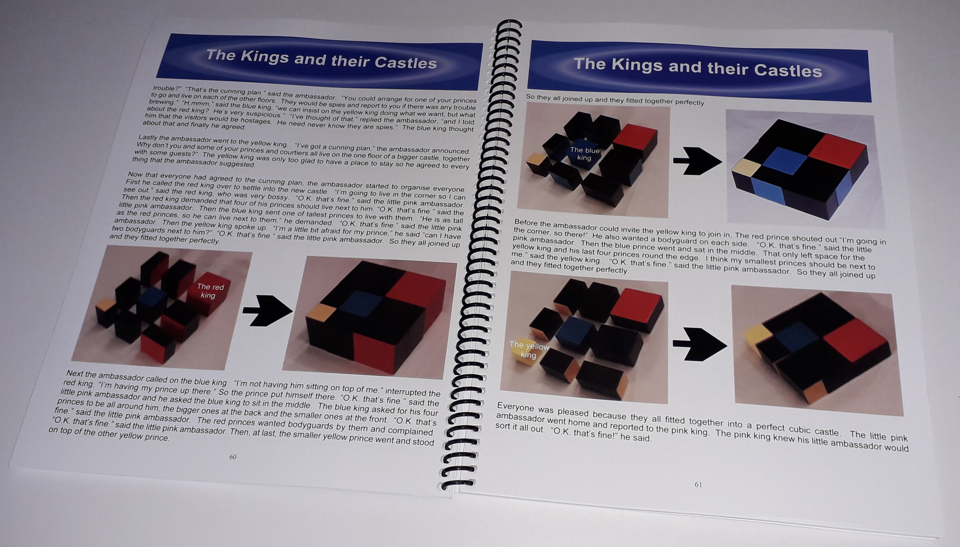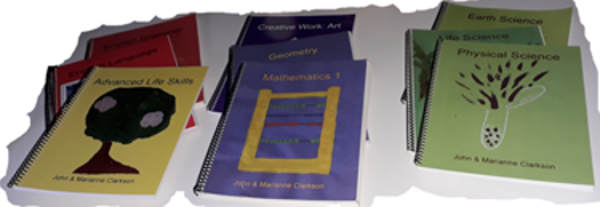This qualification provides recognition of a training course for those wishing to work with, or (later) be in charge of school classes for, children in the age-range 6-12 years. The course follows the traditional Montessori pedagogy, being based on the Great Lessons with Key Lessons, but it is also designed to meet the requirements of the UK Government National Curriculum key stages 1-2.
To read further, click below
xxx
Accreditation
This qualification was formerly listed by the UK Department of Education as being a full and relevant qualification for the ages up to 8 years, and was the only Montessori course approved for this listing. However the foundation stage was later re-defined as being only up to 6 years and the course is no longer listed. It is, however, going to be submitted to Ofqual for approval, pending developments, in the very near future.
This qualification has been independently checked to ensure it meets all the criteria promulgated by Montessori Europe in the Declaration of Gothenburg (see their website for details.)
This qualification is not separately accredited by the Montessori Accreditation Council for Teacher Education (MACTE), an international body based in the U.S.A., as they only accredit programs i.e. qualification courses embedded in a teaching Centre. However, in an appropriate context, it meets all the relevant criteria.
This is the only Montessori primary qualification in the U.K. to have all these accreditations.
Entry Qualifications
Candidates who are aged 18-21 years normally require two ‘A’ levels or equivalent (e.g. International Baccalaureate or GNVQ 3). Students without these may be accepted by Centres, subject to their being able to demonstrate (via written work and interview) that they could cope successfully with the work. A good school reference is then required and, preferably, evidence of satisfactory work experience with children.
Mature students are accepted on the basis of their personal qualities and experience. No specific examination passes are required, but an appropriate ability with the English language (i.e. to at least level B1 of the Common European Framework of Reference for Language (CEFR) and preferably level B2) must be demonstrated. Centres are encouraged to arrange police checks on candidates where these are available, but in any case to take reasonable step to ensure all applicants are suitable persons to be in charge of young children.
Successful attainment of an approved Montessori diploma for the ages 3-6 would normally be expected, but satisfactory completion of a short course introducing the early years curriculum may be accepted in lieu of a full qualification. Alternatively an additional module outlining the main aspects of the early years provision (which i an essential basis for later study) may be taken, at a small additional fee.
Syllabus
The qualification covers the same ground as the internationally famous Bergamo course but it is designed to relate to the U.K. national curriculum Key stages 1-2, although some topics go beyond this in accordance with the traditional Montessori practice. The following topics are included:
The Great Lessons – Background to the five Great Lessons; why they are central to the Montessori approach; detailed instructions on their preparation and use.
Advanced Life Skills – Explanation of their role in the classroom; ground rules; manual dexterity, design & construction; care of self, health & hygiene; care of the environment; grace, courtesy & citizenship; Peace Education .
Mathematics 1 – Number – Developing the child’s facility with numbers and basic operations; more advanced methods of calculation; fractions.
The Child, the Environment and the Teacher – Child development 6-9 years; changes as the child moves into the second plane of development; structuring a Montessori classroom; the new role of the teacher.
English Language 1 – Consolidation of reading skills; cursive writing; the use of grammar symbols and command cards.
Science 1 – Life Sciences – The ‘sixth’ Great Lesson; basic physiology; classification; habitats; life-cycles.
Creative Work – Creativity in the Montessori philosophy; art appreciation; drawing skills; creative writing;lives of great composers and their music.
English Language 2 – Developing more advanced and fluent skills of understanding and expression.
Mathematics 2 – Shape – Introduction to Geometry; developing the children’s understanding of shape and space; measurement.
Mathematics 3 – Further demonstrations – includes decimal fractions, squares & cubes (including roots), negatives, graph work, number bases.
A sample page spread from the module.
Science 2 – Earth Science – The structure of the Earth; geophysical forms; basic geology; weather; patterns of settlement; specific localities.
Science 3 – Physical Sciences – An introduction to scientific concepts; materials; forces and energy; space.
Each of these topics is accompanied by a full colour printed module, which is provided to learners at no extra cost.
A selection of the modules which are issued to learners.
Recommended Course Structure
To meet the criteria, students attend the Centre for face-to-face tuition for at least 100 hours (90% attendance is mandatory – or an extra examination paper must be taken in lieu). There are various time structures possible – please contact your local Centre for details. Also, 200 hours minimum are spent either working in a Montessori setting, or doing work experience in a Montessori nursery, which will be arranged (as far as possible) to be near the student’s home.
Award of the Diploma
The Diploma is awarded on satisfactory attendance (as above 90%) and completion of the course, which is assessed by:
- Written coursework, set throughout the course
- Detailed observations of children
- Making of assessed teaching materials
- An individual practical viva examination
- Satisfactory completion of the 200 hours practice teaching and file
- Visits to oversee the teaching practice
- Additional coursework, based on the practical experience
Course Fees
Their is an initial registration fee of £175 payable to MAEL (through the teaching centre.) Tuition fees are set by the individual teaching centres but the following fee levels are suggested:
One payment (before the course starts) of £3,820, OR
three payments (at the start of each of the first 3 terms) of £1374, OR
Twenty-four payments (at one monthly intervals, starting on the 1st day of the course) of £160.
Course Availability
Courses are arranged by the relevant teaching centres and centres should be contacted directly (click on contact details.)
The Kent & Sussex Montessori Centre is currently organising a course commencing in October 2019 (organised as one weekend per month over two years.)
Date of last revision: 20/05/2019


